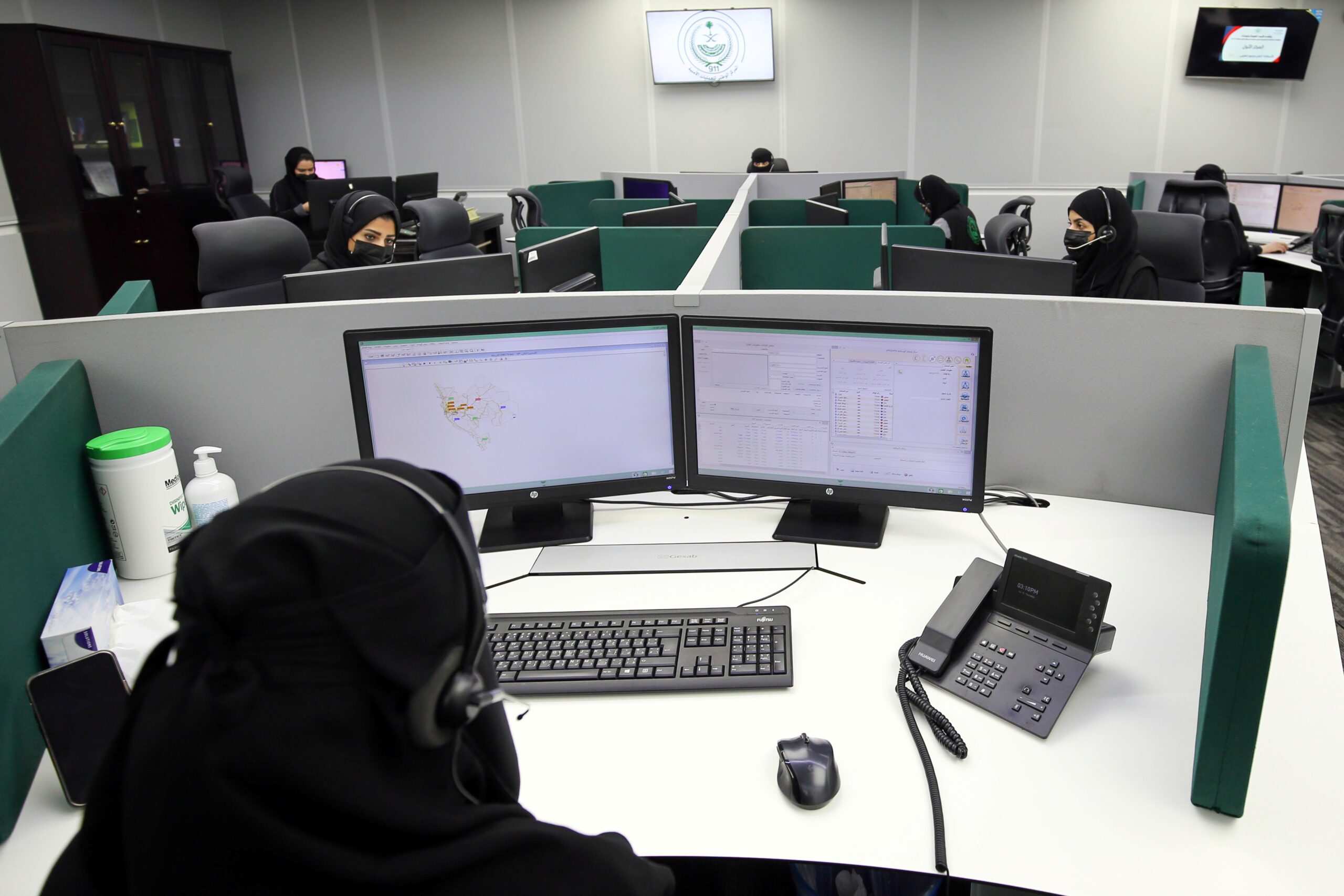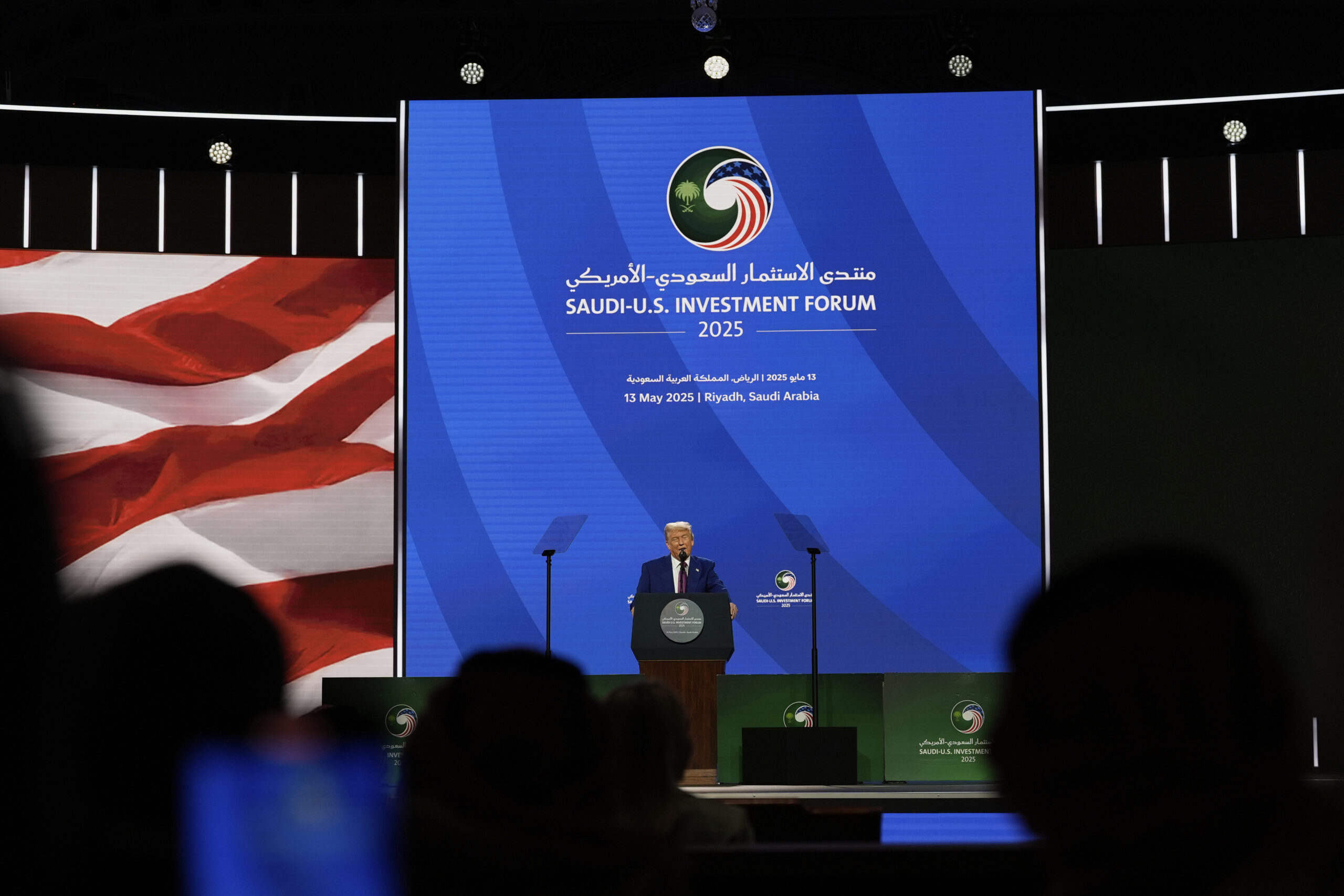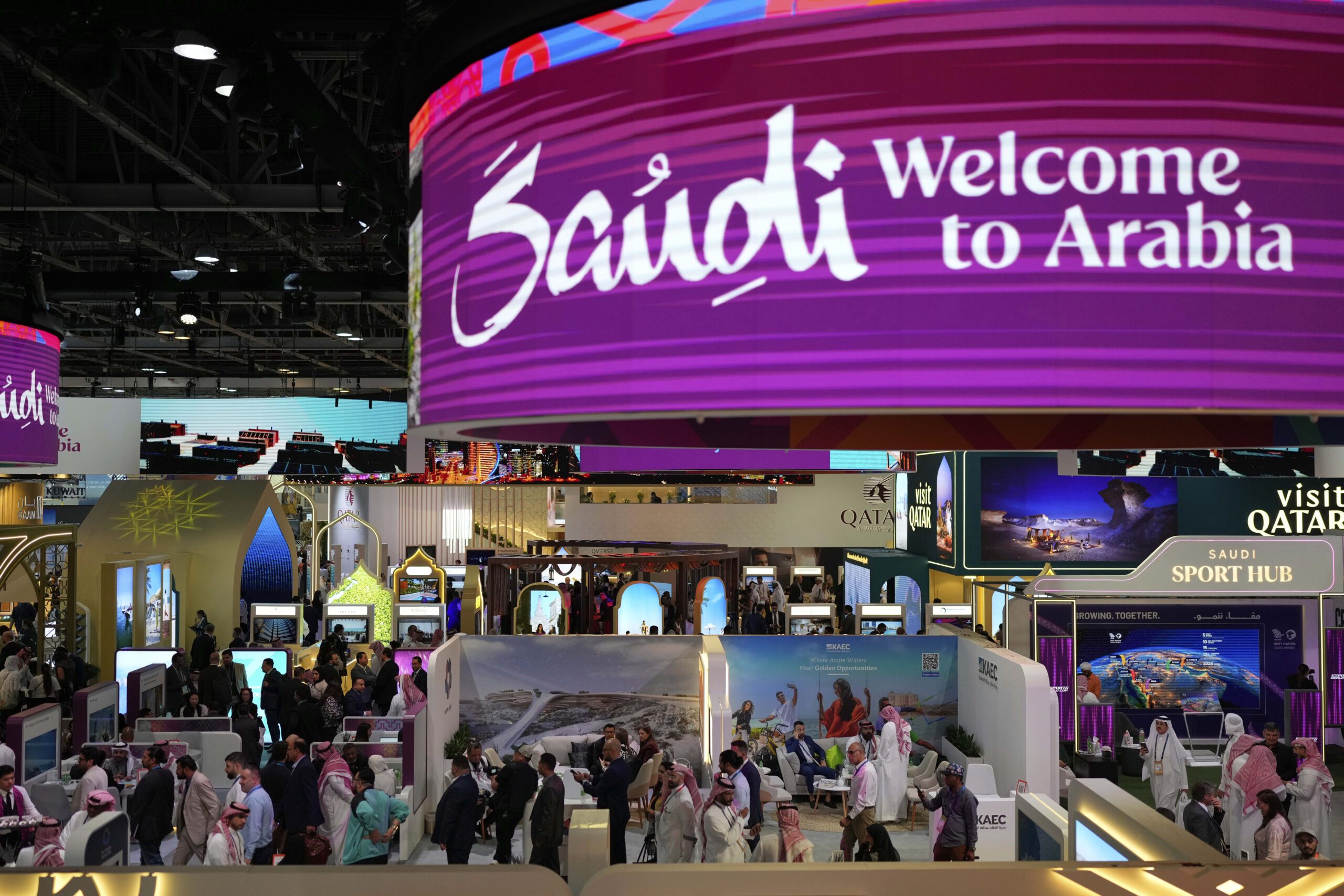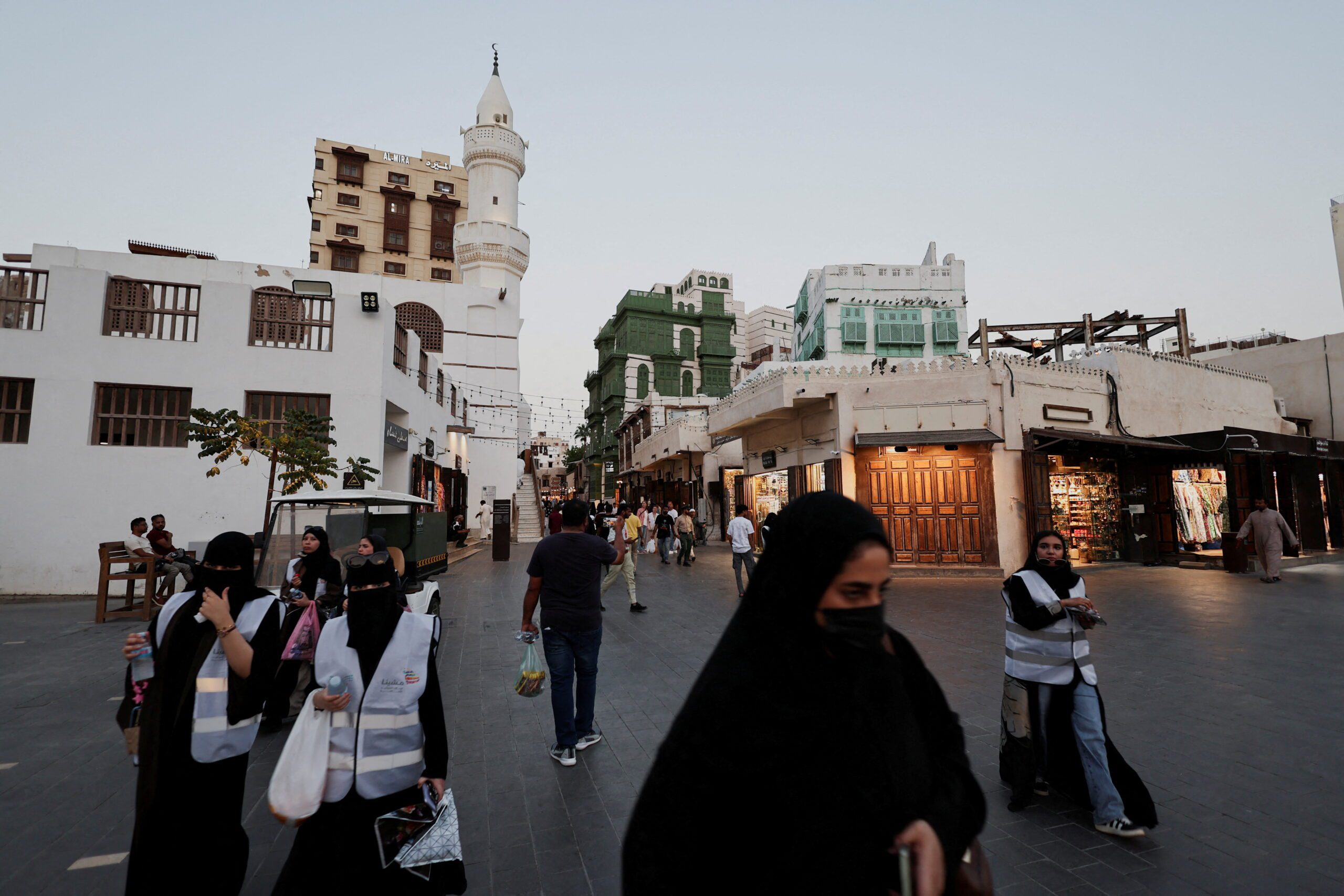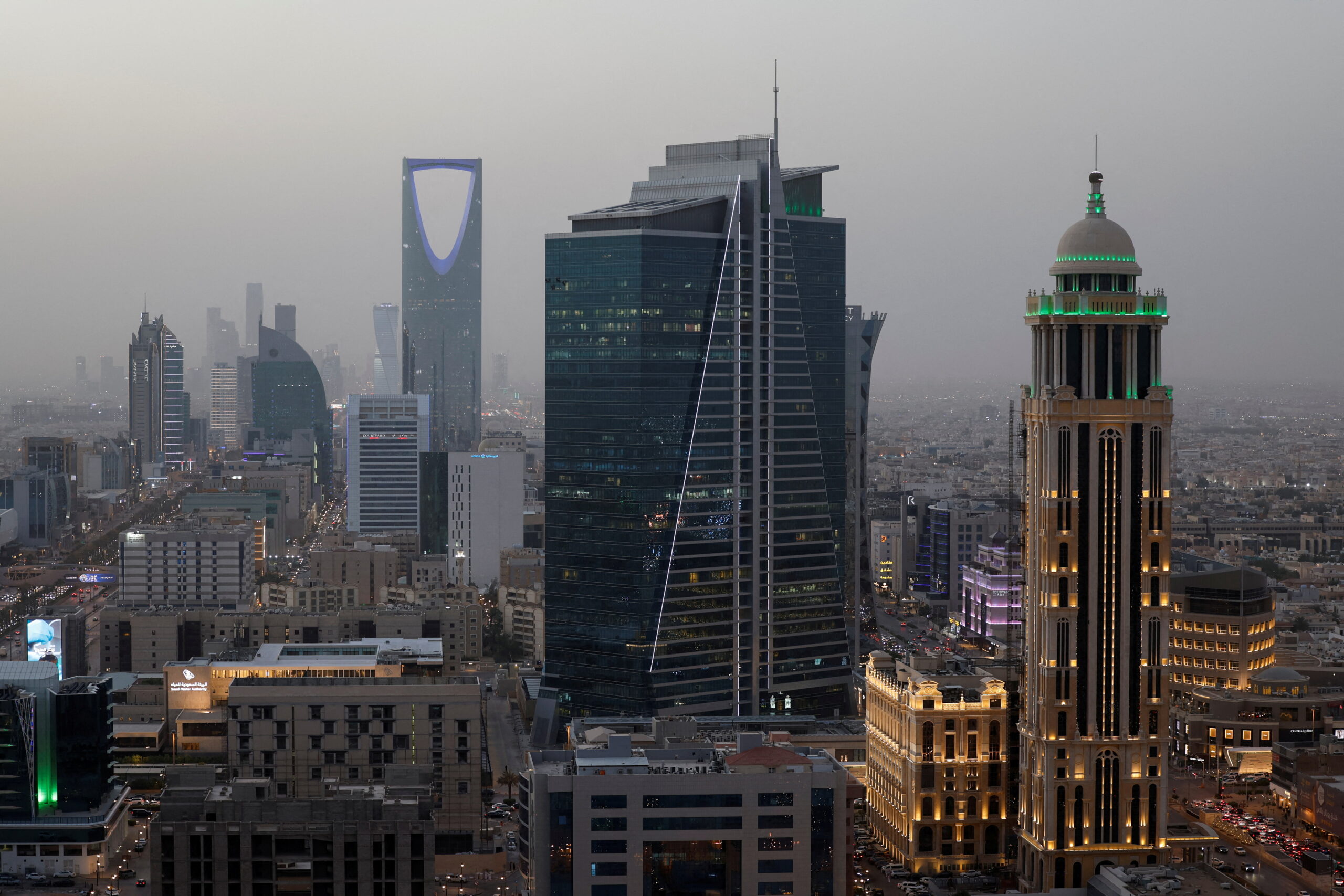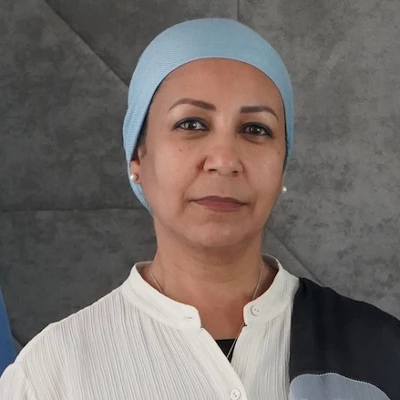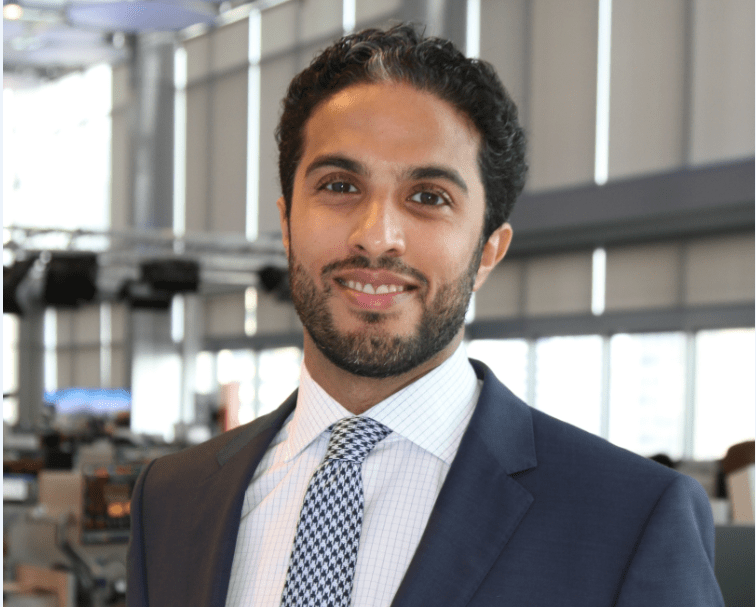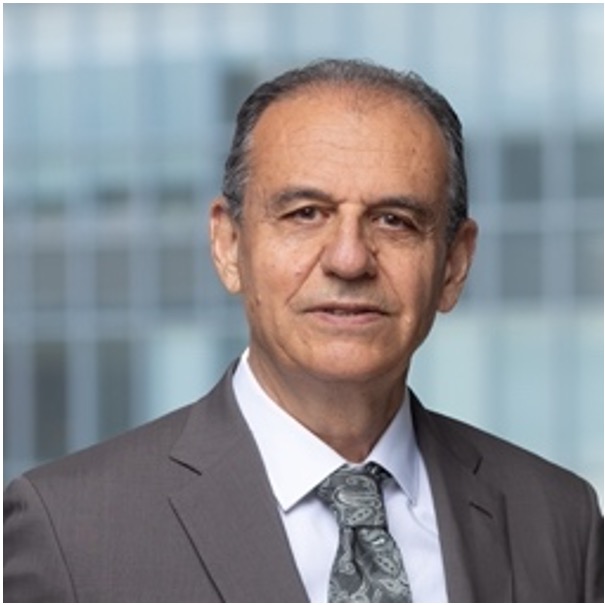Jun 10, 2024
Saudi Arabia’s 2024 Growth Will Be Weaker Than Previously Forecast
The June 10 edition of the Saudi Economic Spotlight examines how the extension of oil production cuts and a slowdown in private consumption growth will make economic growth in 2024 weaker than expected a few months ago.
The 2024 growth outlook in Saudi Arabia needs to be reassessed following the June 2 announcement by a number of OPEC+ countries of their oil production plans for the rest of the year and the June 9 publication of detailed economic growth data for the first quarter of the year by the General Authority for Statistics.
The oil production agreement outlines only modest increases in planned Saudi oil production this year starting in the fourth quarter. This means that Saudi crude oil output in 2024 will remain well below that in 2023.
The data released by the statistical authority showed that the Saudi economy as measured by real gross domestic product contracted by 1.7% in the first quarter of 2024 compared to the first quarter of 2023. The economy was dragged down by the oil sector, where output declined by 11% as OPEC+ maintained its deep oil production cuts. Growth in the non-oil sector slowed to just over 3%, one of the weakest quarterly growth rates since the coronavirus pandemic. Private consumption, which had grown robustly during 2021-23, slowed and was only partly offset by stronger investment growth, which rebounded from its weak performance in the second half of 2023 driven by the government sector.
With this new information in hand, the previous forecast that the Saudi economy would grow by 1.5% in 2024 looks too optimistic. Real oil GDP will likely contract by 6%, while real non-oil GDP should grow by some 3% to 3.5%, if there is a rebound in private consumption and a further strengthening of investment growth. This would put overall real GDP growth for the year at around 0.5%.
At this stage, risks to this revised forecast are to the downside. Saudi Energy Minister Prince Abdulaziz bin Salman has emphasized that the plan to begin reversing some of the oil production cuts in the fourth quarter could be paused or reversed depending on market conditions. If the production increases are delayed, this would imply weaker economic growth. Further, the recent sale of Aramco equity may drain liquidity from the economy and make it more difficult for private consumption and investment growth to strengthen.
The views represented herein are the author's or speaker's own and do not necessarily reflect the views of AGSI, its staff, or its board of directors.



